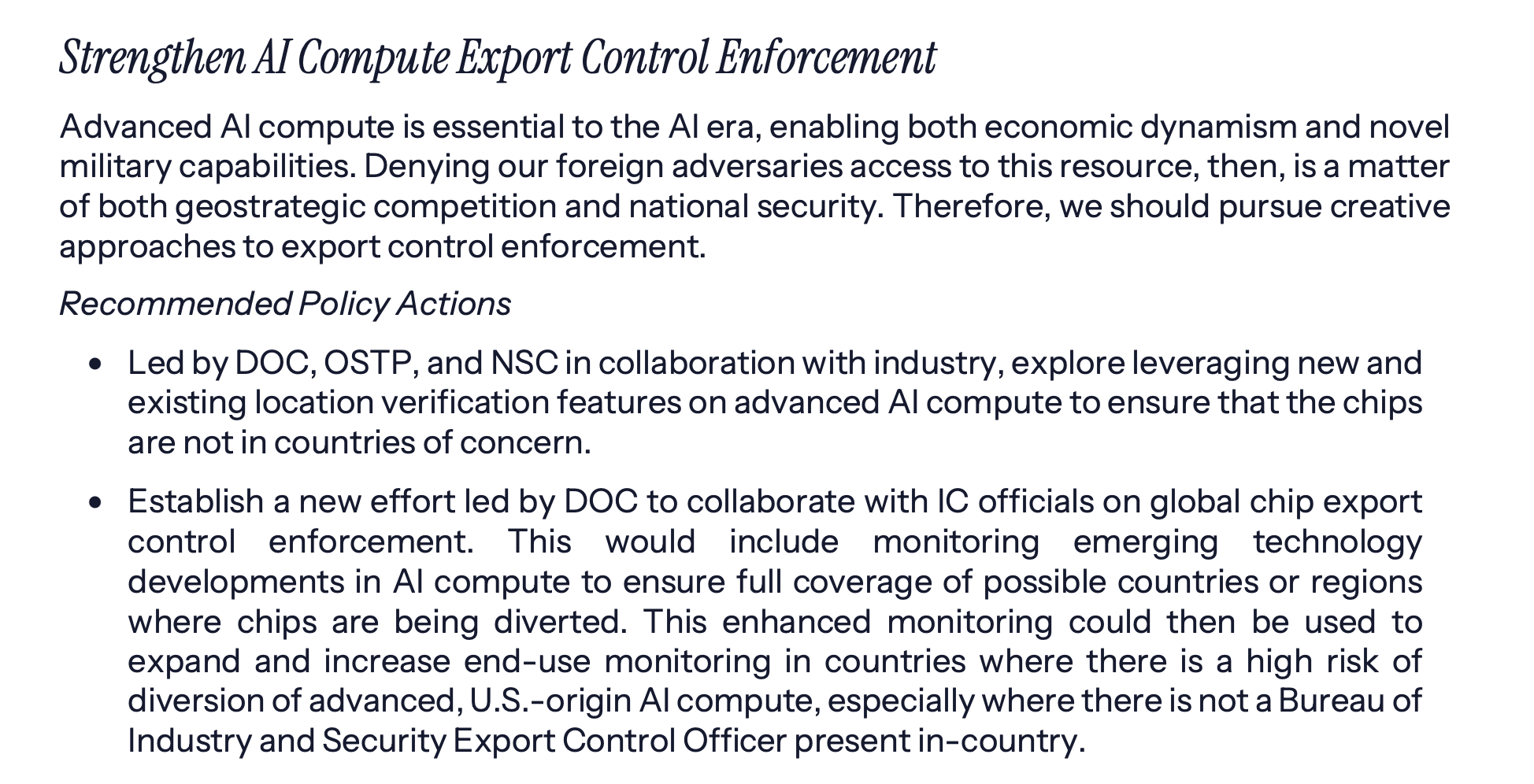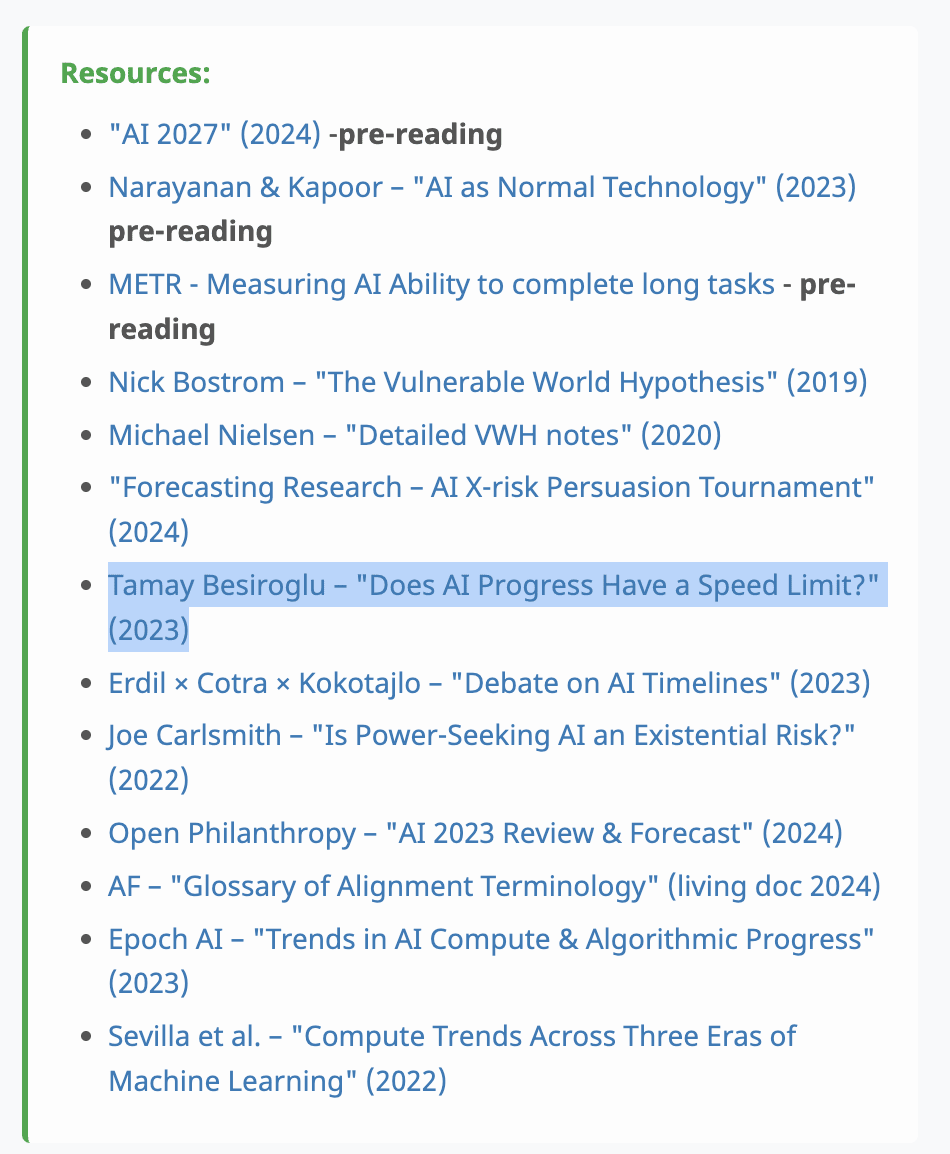Notes on Teaching in Prison
Note: this is a post I wrote in 2018, so some of the numbers may be out of date. I've also changed my mind on lots of things since 2018, and there are many parts that I would write differently. Until now, the post was only accessible from the Wayback Machine; I'm sharing it here with some light edits because I think some LWers might find it interesting. Edited on 4/20 to add two pictures. Between September 2017 and April 2018, I worked full-time teaching in a French jail as part of my first year at École polytechnique. All of what I'll be talking about happened in France. The jail I taught in was fairly typical of French Maisons d’arrêt, but even these vary greatly. Some of the pages I link to below are only available in French. I don't teach in prison anymore. Since most of the differences are lost in translation anyway, I’ll use inmate, detainee, prisoner, and convict interchangeably. Same with jail and prison, as well as prison officer and prison guard. Context As of December 2018, there are 188 prisons in France and about 80,000 inmates. They are handled by the Penitentiary Administration (Administration Pénitentiaire), which comprises prison guards (28,000) and wardens as well as probation officers (5,000), who are in charge of a total of 250,000 people (the remaining 170,000 are either on probation or serving other sentences, such as electronic monitoring or community service) and work with an annual budget of 2.79 billion euros. The prison I taught in was a Maison d’Arrêt. These are the most common kind of facility (there are 130 of them), in which you find detainees incarcerated for a short amount of time (in theory, less than two years) and prisoners accused of more serious offenses who are still awaiting their final verdict, at which point they will be transferred to another jail. All convicts were over 18. The jail where I taught had 1,000 inmates, 200 of whom were women. In France, only 3.8% of inmates are women. All the figures come from this page (


Not sure how to interpret but a Microsoft blog post claims that "The GPT-5.2 series is built on new architecture".